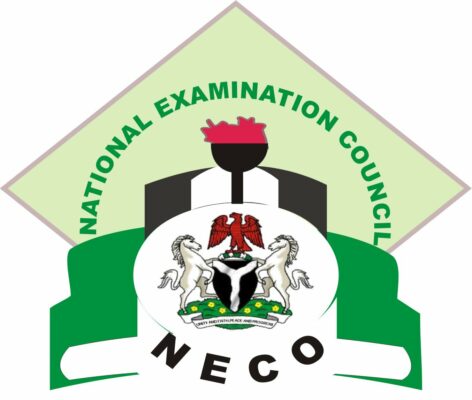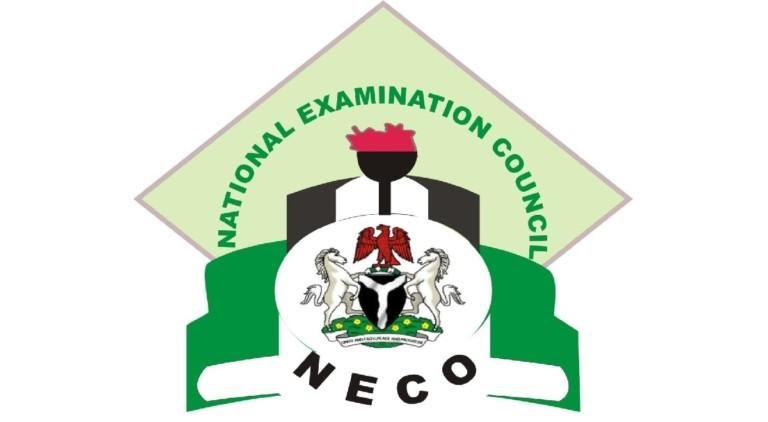NECO boss seeks stricter laws to help combat examination malpractice


Professor Ibrahim Dantani Wushishi, Registrar/Chief Executive of the National Examination Council (NECO), has advocated for a comprehensive national examination law that expressly regulates all areas of examinations in Nigeria.
He stated that this will help in addressing the key challenge of examination malpractices, which continue to pose a danger to the country’s examination integrity.
Wushishi talked on Monday in Abuja about NECO’s one-day retreat titled “Legislative Functions: The Imperatives of Achieving NECO’s Mandate and the Challenges of Examination Legislation in Nigeria.”
He stated that national law may create a framework for adopting new technologies such as computer-based testing (CBT) or alternative assessment methodologies while upholding key principles of fairness and security.
He said strong examination legislation could contribute to aligning Nigerian qualifications with international standards, adding that this could benefit students seeking educational opportunities abroad or pursuing careers requiring internationally recognized credentials.
“This underscores the critical need for a comprehensive national examination law specifically regulating all aspects of examinations in Nigeria.
“We lack such a law, relying instead on a patchwork of regulations across examination bodies and individual schools. This creates vulnerabilities in the system. Effective examination legislation offers a multitude of benefits,” he said.
According to him, the challenges in fulfilling NECO’s mandate highlight the critical need for a robust legislative framework.
He identified infrastructure constraints, surge in candidate enrollment, adequate funding, examination malpractice, amongst others as some of the key hurdles faced by the examination body.
He also stressed the need for a review of the existing laws of the Council.
Some stakeholders in the education sector at the event also called for a thorough review of existing laws governing NECO.
The review, according to them would instigate reforms that reflect the technological advancements and evolving needs of the educational landscape.
Among those at the event are the governor of Niger state, Mohammed Umar Bago, Permanent Secretary, Federal Ministry of Education, Didi Esther Walson-Jack, Majority Leader of the House of Representatives, Prof Julius Ihonvbere, and Senators, amongst others.
On his part, Governor Bago, who was the chairman of the occasion, said it was important to look into the existing laws that guide NECO in the conduct of its various examinations to address issues of artificial intelligence.
“This retreat is very timely and I’m very impressed that the members of National Assembly are fully represented looking at what is forward for examination bodies like NECO in terms of innovation, the Imperative of changing or amending our laws to be in tandem with technology, time and innovation.
“For instance, artificial intelligence has come to stay so our law must also be able to key into these technological advancements. So this retreat is timely.
“I only call on NECO and stakeholders to expand it beyond this hall so that other stakeholders will have input and also be able to come out with a robust policy and laws in order to be sent to national assembly,” the governor said.
Also speaking, the Minister of State for education, Sununu Tanko, represented by the Permanent Secretary of the Ministry, Didi Esther Walson-Jack, urged participants to actively engage in the discussions to enable NECO to effectively achieve its mandate.
“NECO plays an indispensable role in ensuring the sustainable management of our educational landscape.
“Despite the significance of the examination legislation, we cannot ignore the challenges we face, from outdated laws and validation to emerging issues like examination malpractice and digital transformation, there’s an urgent need to review and modernise the legislative framework to effectively address these challenges,” he added.







